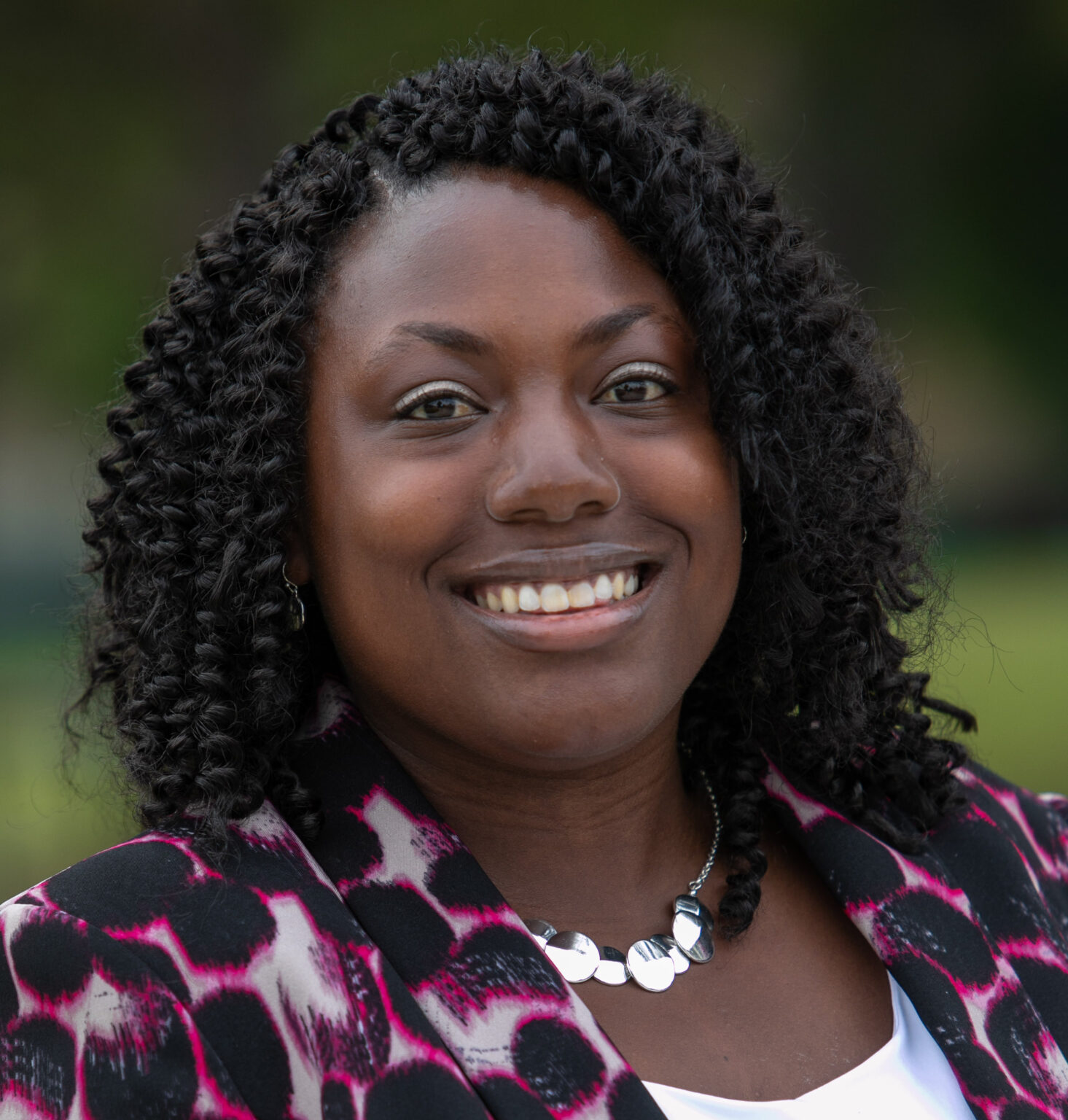Speakers
Dr. Sarah Eaton
Academic Integrity in a Postplagiarism World: The Impact of Generative Artificial Intelligence on Teaching, Learning, and Assessment
Join us for a thought-provoking look at current and upcoming issues related to the use of generative artificial intelligence (GAI) tools for teaching, learning, and assessment, focusing on Large Language Models (LLMs). We will look at ethical challenges and opportunities to help future-proof the integrity of higher education. We’ll also look at current trends and strategies used across the post-secondary sector to uphold academic integrity – what works, what doesn’t, and how to make evidence-informed decisions about assessment and academic integrity. By the end of this presentation, you’ll be inspired to think about yourself as an ethical educator with a purpose-driven commitment to preparing students for a future in which artificial intelligence is sure to play a role.
Sarah Elaine Eaton, PhD, is a multiple-award winning researcher, educator, and leader. Dr. Eaton is an associate professor at the Werklund School of Education, University of Calgary, Canada and holds a concurrent appointment as an Honorary Associate Professor, Deakin University, Australia. A humanist by training, Dr. Eaton has written and presented extensively on academic integrity and ethics in higher education. In her 2021 book, Plagiarism in Higher Education: Tackling Tough Topics in Higher Education Eaton introduced the concept of postplagiarism, or what academic integrity looks like in the age of artificial intelligence. She has held local and national-level research funding to study the impact of artificial intelligence on teaching and learning in higher education. She is regularly invited as a media guest to talk about academic misconduct, fraud, and corruption in higher education.

Dr. Sharla Berry
Teaching with Technology: Holistic Pedagogies in a Time of Change
Higher education has faced a range of changes in the last few years. Online learning, and now Artificial Intelligence have dramatically altered how we think about teaching and learning. This session will focus on the paradigm shifts that these innovations are pointing us toward, and how we might shift our mindsets toward a more holistic perspective on technology integration. In this talk we will explore the social, cultural, and technical implications of our evolving digital learning landscape. Using an equity-oriented lens, this session will explore the possibilities and limitations of emerging technologies, and consider how they can be ultimately leveraged to support our overarching goals of student engagement and academic excellence.
Dr. Sharla Berry is an educator and an expert in the field of digital equity and online learning. Her research has been featured in many academic journals including Online Learning, the Journal of Computing in Higher Education, and the International Review of Research in Open and Distributed Learning. She is the author of a recently released book, Creating Inclusive Online Communities: Practices that Support and Engage Diverse Students. The book provides research and strategies for faculty and staff who are seeking a holistic, equity-minded approach to online teaching and learning. Dr. Berry received her doctorate in Urban Education Policy from the University of Southern California, and her Master of Arts in Elementary Education from Loyola Marymount University. She is currently the Associate Director of the Center for Evaluation and Educational Effectiveness at California State University, Long Beach.

